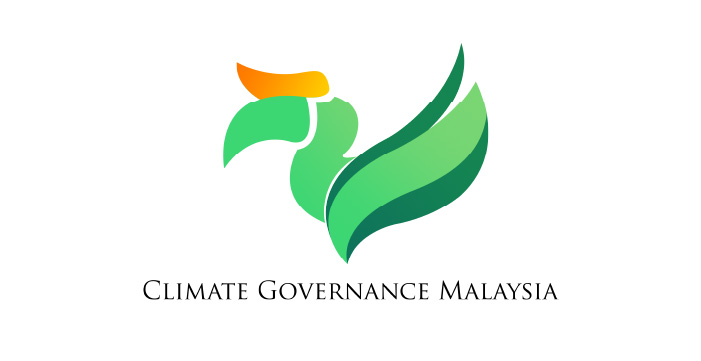Date: 24 March 2021

Host:
Climate Governance Malaysia
Keynote speaker:
H.E. Dr Bandar Hajjar – President, Islamic Development Bank
Panellists:
- Arup Chatterjee – Principal Financial Sector Specialist, Sustainable Development and Climate Change Department, Asian Development Bank
- Assoc. Prof. Dr. Aznan Hasan – Deputy Chairman, Shariah Advisory Council of Securities Commission Malaysia
- Karina Litvack – Non-Executive Director, Eni, Viridor, CFA Institute and BSR
- Sohail Zubairi – Senior Advisor, Dubai Islamic Economy Development Centre (DIEDC)
- Blake Goud – CEO, RFI Foundation
- Arsalaan (Oz) Ahmed – CEO, Al Rajhi Bank Malaysia
Moderators:
- Daud Vicary – Islamic Markets
- Margie Ong – CEO, Thoughts in Gear
Day three of the CGI Global Summit saw Climate Governance Malaysia host two discussions looking into providing financial boards with the education and tools to increase sustainability.
The first panel saw experts from across the region’s finance industry agreeing that increasing education and awareness was the key to climate governance – citing an example from the UAE where the Ministry for Climate Change and Ministry for Education have collaborated to introduce sustainability into the national curriculum. The second explored the need for boards to have representatives who are well versed in sustainability, as well as full disclosure and reporting.
The Islamic finance industry is unique in that religion plays a role in regulation. Our panellists argued that Islamic teachings and sustainable development goals (SDGs) are far from being mutually exclusive.The issue, as ever, is in raising awareness of climate change among board directors and companies.
The first obstacle that has to be overcome, the experts claimed, is helping directors to convert conceptual ideas into practical solutions – which is easier said than done. Of course, directors can’t work alone and the panels stressed the need for boardrooms to be both independent and proactive with disclosing their findings. The vehicle sector in particular, as the highest emitter, is one that needs special attention and encouragement to measure and disclose emissions. “Admitting a mistake is better than continuing with a mistake,” said Associate Professor Dr Aznan Hasan.
The President of the Islamic Development Bank stressed that a green and economic recovery is possible, but it requires boards to be more forward thinking. Both panels discussed practical steps that need to be taken in the region. The first concluded that emerging economies can’t be ‘locked’ into conventional fossil fuel technologies and that companies should be encouraged to collaborate and share best practices. The second suggested the introduction of carbon taxes on public goods, and for Islamic financial instructions to be encouraged to report more consistently. Boards need to share the load of climate knowledge and responsibility so that it doesn’t fall on one individual.
Many still equate sustainability with extra expense, explained Arsalaan Ahmed, CEO of Al Rajhi Bank Malaysia, but in the private sector, there are innovative companies taking the market share. Going green can prove profitable. And of course, there are the moral implications of doing nothing, as Karina Litvack, non-executive director of Eni spelt out: “The people most affected by climate change will be the poor. There’s no sense in ignoring climate change to focus on poverty mitigation when facing the climate crisis will address this.”